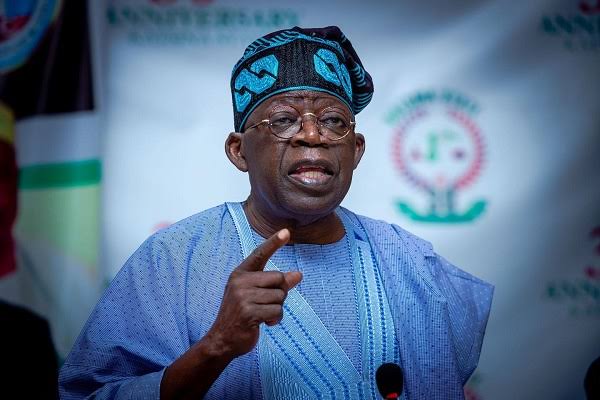
President Bola Tinubu has granted more powers to ministers of state in his administration, allowing them to fully oversee the agencies and departments under their control.
POLITICS NIGERIA reports that ministers of state previously had limited authority, with much of their oversight filtered through senior ministers and permanent secretaries.
An official in the office of the head of the civil service of the federation explained that President Tinubu was not satisfied with this arrangement. “the president was not pleased with the prevailing governing framework in which ministers of states were just ministers in name,” the official said.
According to the source, President Tinubu reportedly saw that without the power to make direct decisions, these ministers of state could not fully contribute to national progress.
“The president believes ministers of state should have the right to make decisions and direct action within their areas of responsibility,” the official added.
This idea was first suggested by Hadiza Bala Usman, the special adviser to the president on policy coordination and head of the Central Delivery Coordination Unit. The president reportedly bought into the idea, leading to the new directive.
The government hopes this change will “unleash” the skills and potential of all ministers, especially the 16 ministers of state. Tinubu’s cabinet is composed of 48 ministers in total.
The ministries affected by this directive include Agriculture and Food Security, Defense, Education, Federal Capital Territory, Foreign Affairs, Health, Petroleum (Oil), Petroleum (Gas), Humanitarian and Poverty Reduction, and Women Affairs. Additional ministries with ministers of state are Works, Regional Development, Labour and Employment, Finance, Trade and Investment, and Housing and Urban Development.
